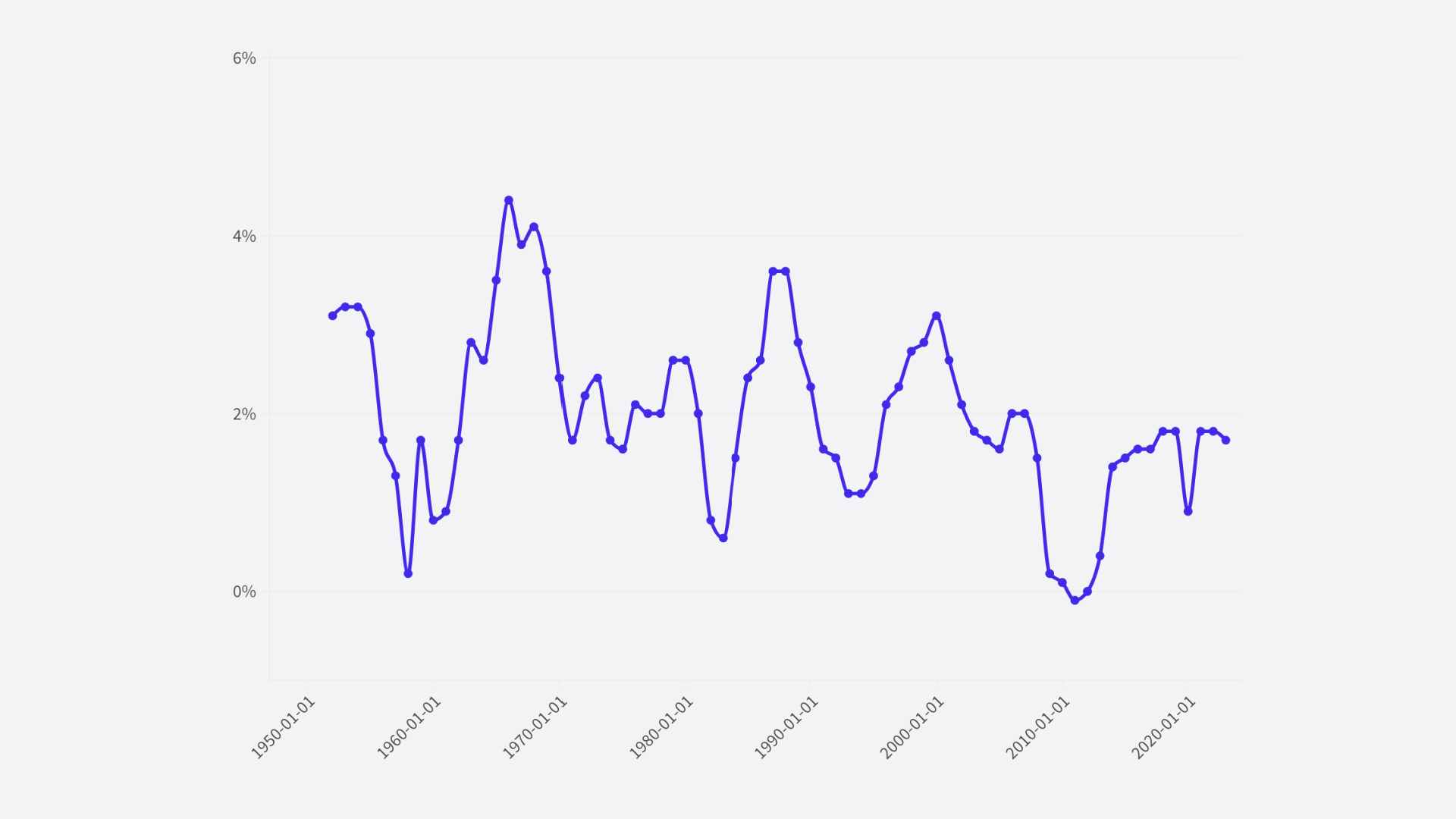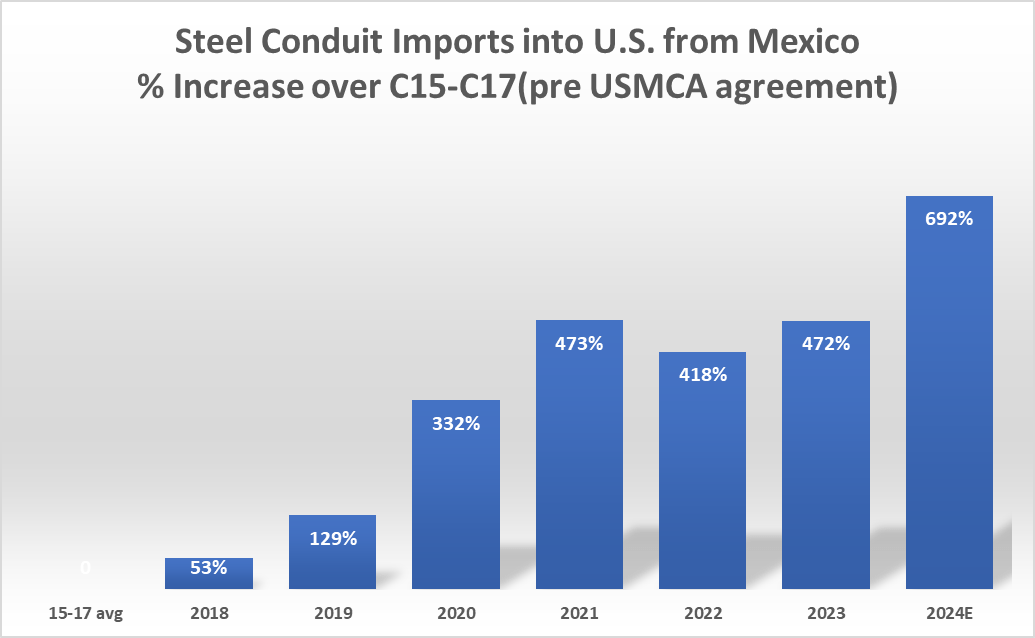
by Jeff Ferry
President-elect Trump’s appointment of Peter Navarro to a new National Trade Council has alarmed some traditional economists. Professor Navarro, co-author of a book and film called “Death By China” really believes that the U.S. must do something to address its $500 billion trade deficit and that China, a country that has run an enormous trade surplus with the U.S. and many other countries, is part of our problem. And aggressive action, possibly even including tariffs, may be warranted.
[The Hill]
Dan Ikenson of the Cato Institute has attacked Navarro’s views as “misguided”, while Bloomberg commentator Noah Smith called Navarro “plain wrong” in a recent Bloomberg opinion piece.
Both of these commentators misunderstand the significance of the trade deficit. Our deficit, which has been running in the red for more than 40 years, is a huge negative for the U.S. economy. It shows we are not competitive in world markets, it represents demand for production that could have gone to U.S. companies and workers but did not, and it shows that other countries are taking advantage of the U.S. lack of concern for our domestic industries. It also represents the piling up of debt that the U.S. will one day have to pay back.
Bloomberg’s Noah Smith claims that “imports don’t count negatively in GDP. They amount to zero.” This is just playing with accounting identities, a very narrow view. The key question to ask is always “compared to what?” In other words: what would have happened if there were lower imports in any given year? And the answer is: if the U.S. successfully implements policies to channel the demand for imports into domestic production, then domestic production will rise.
That would mean rising incomes, employment, and total GDP. Take Smith’s own example, a hypothetical resident of Cleveland who buys a video game console from Japan. He increased U.S. consumption and imports but had zero impact on U.S. GDP. True, in the narrow view. But if you widen your lens, if a company had been producing video game consoles in the U.S. (we don’t make any, even though we spend billions of dollars on them, and one U.S. company, Microsoft, has been a world-class innovator in the technology) then this consumer could have bought one made in the U.S. thereby contributing to increasing U.S. GDP, wages, profits, and potentially future investment in the U.S. video game industry. So imports and the trade deficit are the problem. Or to be more specific, the trade deficit is the telltale indicator that we are failing to compete in video game consoles and many other industries.
Dan Ikenson’s critique of Navarro is broader and yet more misleading. His critique is summed up in his claim that “the U.S. balance of payments has shown trade deficits for 41 straight years — a period during which the size of the U.S. economy tripled in real terms.” Again, this is narrowly true. What he omits to mention is that also in that time, our auto, steel, machinery, and other industries lost global market share, manufacturing declined dramatically as a share of GDP and as a share of total employment, and in the last 15 years, U.S. median family income stagnated—the first time we’ve seen stagnation over such a long period since the Great Depression. The current economic recovery has been the weakest since WWII. Voters in the industrial heartland showed their dissatisfaction in November.
The fundamental question to ask is: why has our growth been slowing? If you are a doctrinaire free market libertarian, your answer will always be: free up more markets. Yet the world economy shows something entirely different: the fastest-growing large economy in Asia is China. The fastest-growing large economy in Europe is Germany. Both of those countries target key growth industries and maintain a large trade surplus. The trade surplus is the indicator that their leading industries are winning share in world markets, and bringing prosperity to their citizens. (This doesn’t mean we approve of China’s politics, it just means we ask ourselves objectively what works, and what we can learn.)
The lesson for the U.S. is that economic decline inevitably follows loss of production and market share. Nobody, including Professor Navarro and the CPA, advocates simply erasing the trade deficit and stopping there. The key is to put in place policies that incentivize domestic production.
Jeff Ferry is research director at Coalition for a Prosperous America.













